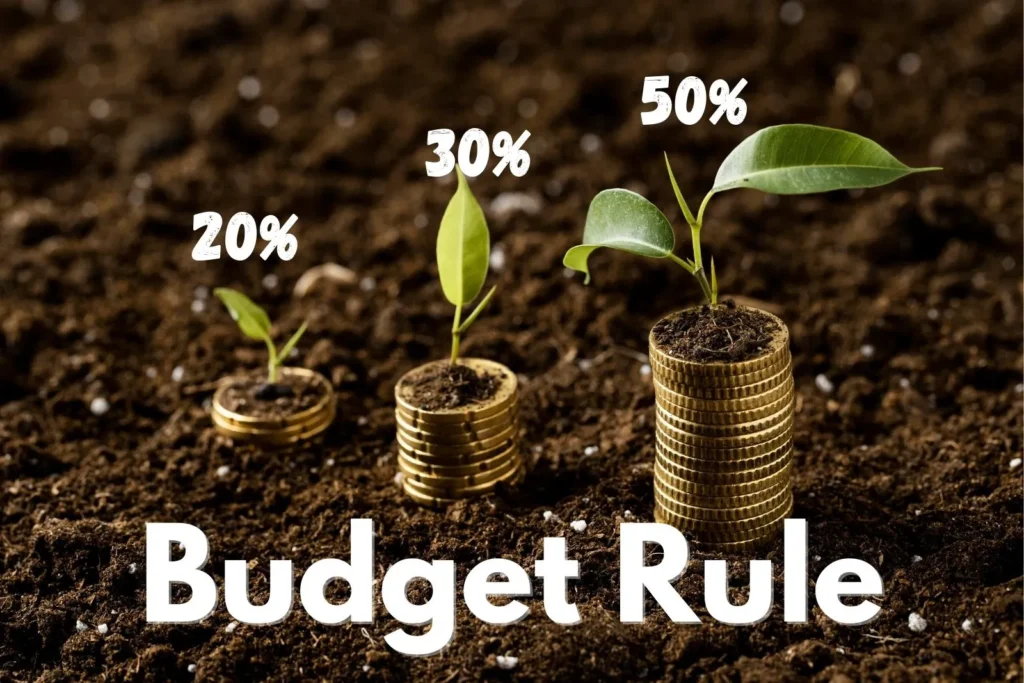
The Impact of Lifestyle Inflation: How to Avoid the Trap
As your income grows, it’s easy to fall into the trap of spending more. This phenomenon, known as lifestyle inflation, is something many people experience as they get raises, promotions, or new sources of income. While it may seem natural to upgrade your lifestyle to match your increased earnings, lifestyle inflation can silently erode your financial security and prevent you from reaching your long-term goals. In this blog, we’ll explore the impact of lifestyle inflation and provide practical tips to avoid falling into this trap.
What is Lifestyle Inflation?
Lifestyle inflation occurs when your spending increases as your income grows. Instead of saving or investing the extra money, you start upgrading your lifestyle—buying a bigger house, driving a more expensive car, dining out more often, or splurging on luxury items. Essentially, your expenses rise in tandem with your income, leaving little room for savings or future financial growth.
The Impact of Lifestyle Inflation
While it’s tempting to reward yourself with increased spending after a salary bump, lifestyle inflation can have serious long-term consequences:
1. Reduced Savings: If you’re spending more as you earn more, you’re not setting aside enough money for future needs, such as retirement or emergencies.
2. Increased Financial Stress: With higher living costs, you may feel pressured to constantly earn more to keep up with your expenses, leading to stress and a never-ending cycle of financial pressure.
3. Delayed Financial Goals: Lifestyle inflation can delay your ability to achieve important financial milestones, such as buying a home, paying off debt, or building an emergency fund.
4. Lack of Financial Security: By continuously upgrading your lifestyle instead of saving, you may be more vulnerable to financial instability if an unexpected event, like job loss or medical emergency, occurs.
How to Avoid the Trap of Lifestyle Inflation
The good news is that avoiding lifestyle inflation is entirely possible with a little discipline and self-awareness. Here are some practical tips to help you keep your expenses in check while still enjoying your growing income:
1. Pay Yourself First
One of the easiest ways to avoid lifestyle inflation is to automatically save or invest a portion of your income before you start spending. This strategy, known as “paying yourself first,” ensures that you prioritize your financial future over short-term gratification. Set up automatic transfers to your savings or investment accounts, so you don’t have to think about it.
Tip: Aim to save or invest at least 20% of your income, but feel free to increase that percentage as your income grows.
2. Set Clear Financial Goals
Having a clear vision of your financial goals can help you stay focused and resist the temptation to splurge. Whether you’re saving for a down payment on a house, building an emergency fund, or planning for retirement, knowing what you’re working toward makes it easier to say no to lifestyle inflation.
Tip: Break your long-term goals into smaller, more achievable milestones to keep yourself motivated.
3. Live Below Your Means
Just because your income increases doesn’t mean your lifestyle has to follow suit. One of the most effective ways to avoid lifestyle inflation is to continue living as you did before your raise or promotion. Keep your living expenses relatively low, even as your income grows, and you’ll have more to put toward savings and investments.
Tip: Review your monthly expenses and find areas where you can cut back, such as dining out less, cancelling unused subscriptions, or sticking with a reliable, less expensive car.
4. Increase Your Savings Rate, Not Your Spending
Rather than upgrading your lifestyle, increase your savings rate as your income rises. You can use the extra money to build an emergency fund, pay off high-interest debt, or invest for your future. By prioritizing savings over spending, you ensure your financial security grows with your income.
Tip: For every raise or bonus, aim to allocate a large percentage of it to savings and investments, rather than increasing discretionary spending.
5. Be Mindful of Your Purchases
While it’s okay to indulge occasionally, it’s important to evaluate your purchases carefully. Ask yourself if the item or experience is truly worth the cost and whether it aligns with your long-term financial goals. Avoid impulse buying and take time to think about each purchase.
Tip: Give yourself a 24-hour “cooling-off” period before making big purchases. This helps prevent spur-of-the-moment buys that may not fit your financial plan.
Mastering Your Finances: The Art of Budgeting and Savings
6. Invest in Your Future
As your income increases, consider redirecting more money into investment accounts such as retirement funds, mutual funds, or stocks. The goal is to make your money work for you by building wealth over time, rather than spending it all on temporary pleasures.
Tip: Use tax-advantaged retirement accounts like PPF, NPS, or EPF to maximize your retirement savings while benefiting from tax deductions.
7. Track Your Spending
Many people fall into the trap of lifestyle inflation because they aren’t fully aware of how much they’re spending. Use budgeting apps like Mint, YNAB, or a simple spreadsheet to track your expenses and ensure they remain in line with your goals.
Tip: Categorize your expenses and set limits for each category, making it easier to track areas where you might be overspending.
Conclusion
Lifestyle inflation can be a sneaky financial trap that limits your ability to save, invest, and build long-term wealth. While it’s tempting to upgrade your lifestyle with each pay raise, it’s important to remember that maintaining financial discipline is key to achieving your long-term goals. By prioritizing savings, living below your means, and making mindful purchases, you can avoid the impact of lifestyle inflation and build a secure financial future.
Stay aware of the subtle pull of increased spending, and choose to invest in your financial health instead. With the right mindset and habits, you can achieve greater financial freedom—regardless of your income level.












